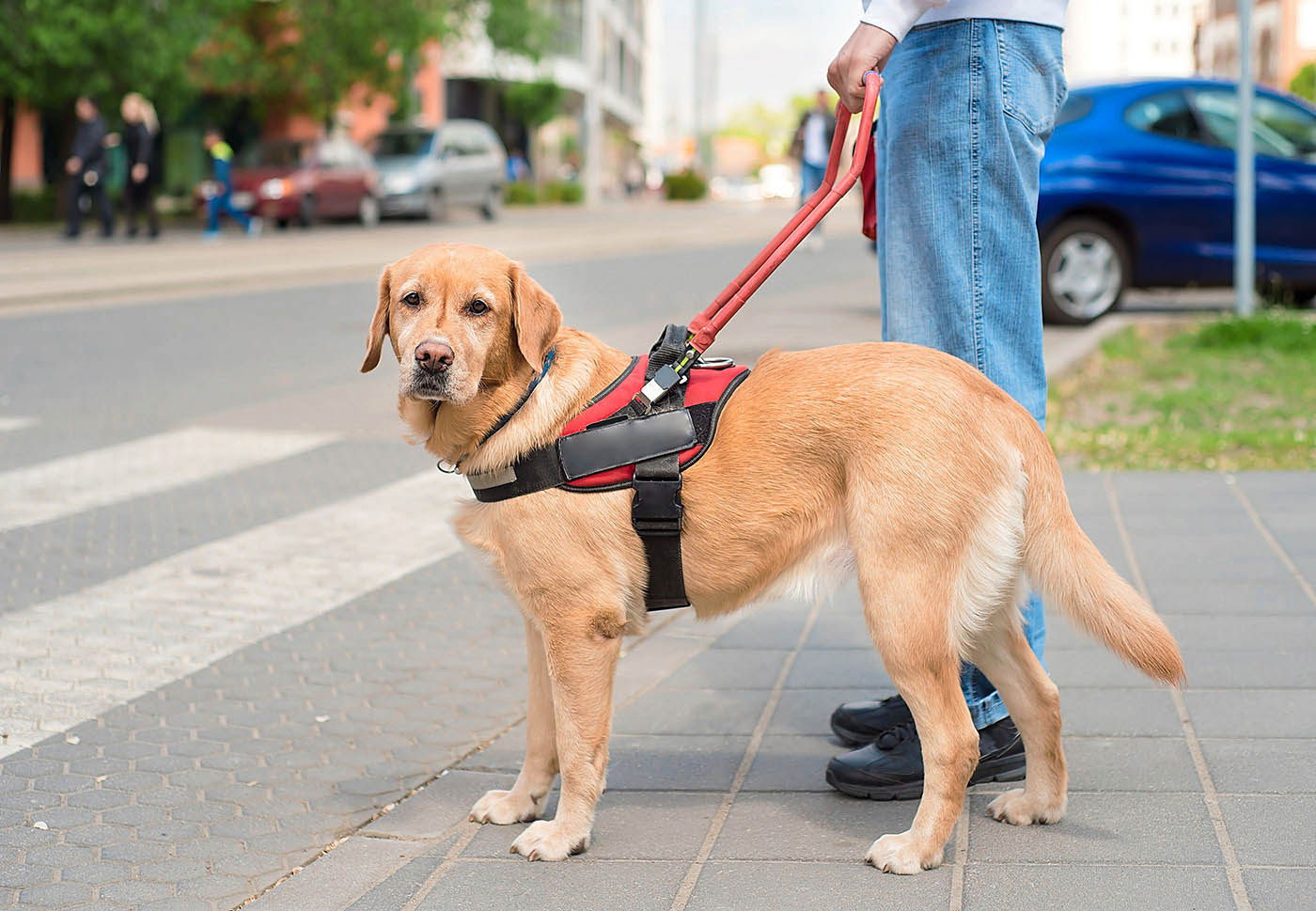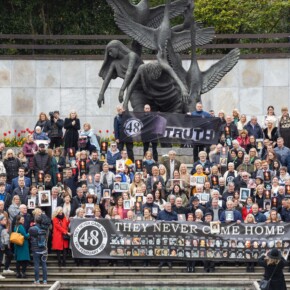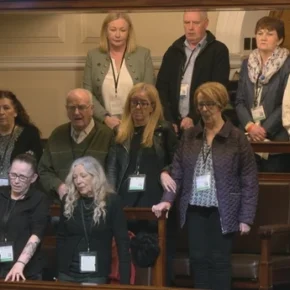Call for ban on election posters
Dublin People 24 Jan 2020
A DRUMCONDRA based charity that supports the visually impaired and people with sight loss has called for a national ban on election posters.
The National Council for the Blind of Ireland (NCBI) is highlighting that election posters hung too low can pose a real danger to people who are blind or visually impaired. It says that this risk to injury, coupled with how environmentally unfriendly they are, advances the argument in favour of a national ban on posters.
Kevin Kelly, Head of Policy, Advocacy and Campaigns with NCBI, said: “At every election campaign there are some candidates and their parties who show a blatant disregard for electoral law and in particular the safety of people with impaired vision. Election posters are required to be a minimum of 2.1 metres [7ft] from the ground. Neither a guide dog nor cane can alert a pedestrian to a low hanging poster, posing a risk of a minor head injury.”
Mr Kelly added: “The NCBI has seen multiple examples where this requirement is being ignored in the race for votes. It is time for a national ban on election posters to eliminate this risk and reduce waste in favour of a greener environment.”
Mr Kelly told Northside People that while the problem has been ongoing for some time, there was a rise in complaints from NCBI’s service users during last year’s local elections. He claimed there were a number of posters in the Drumcondra area, close to the charity’s headquarters, that had been positioned too low.
“A guide dog is trained to avoid obstacles at their eye-level and cannot be expected to detect a poster that is hanging too low for a visually impaired person,” he said. “Avoiding a collision with these posters is presenting our service users with a serious challenge.”
NCBI is encouraging people to directly contact any candidates found to be in breach of poster height regulations.
Separately, the charity has identified a number of key actions the next Government needs to take to transform the lives of the 55,000 people who are blind or visually impaired in Ireland. This includes:
• Ensuring all major eye clinics in the Republic of Ireland have a dedicated Eye Clinic Liaison Officer to support patients to understand the impact of their diagnosis and to link them in with support organisations as needed. Such a system has been operational in Northern Ireland for decades.
• Make Ireland’s bus and passenger rail services equally accessible to people who are blind and vision impaired by delivering on the Joint Committee on Transport, Tourism and Sport report on the ‘Accessibility of Public Transport for People with Disabilities’ in November 2018.











